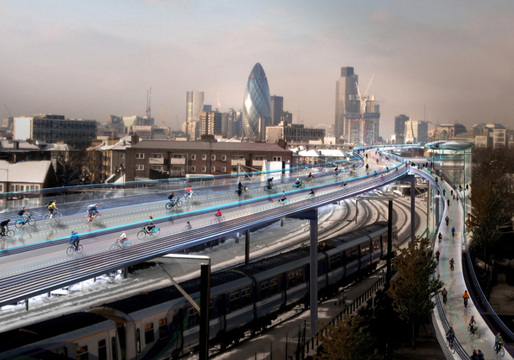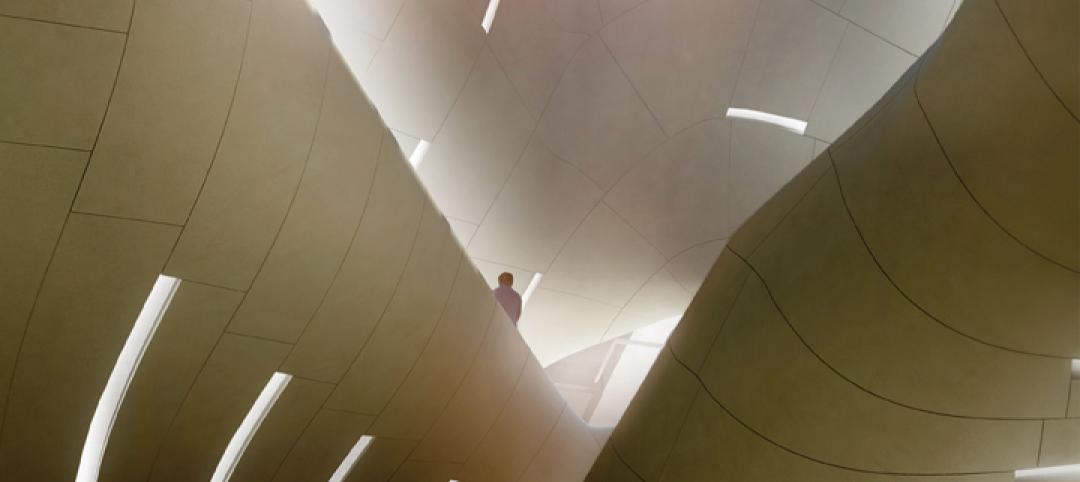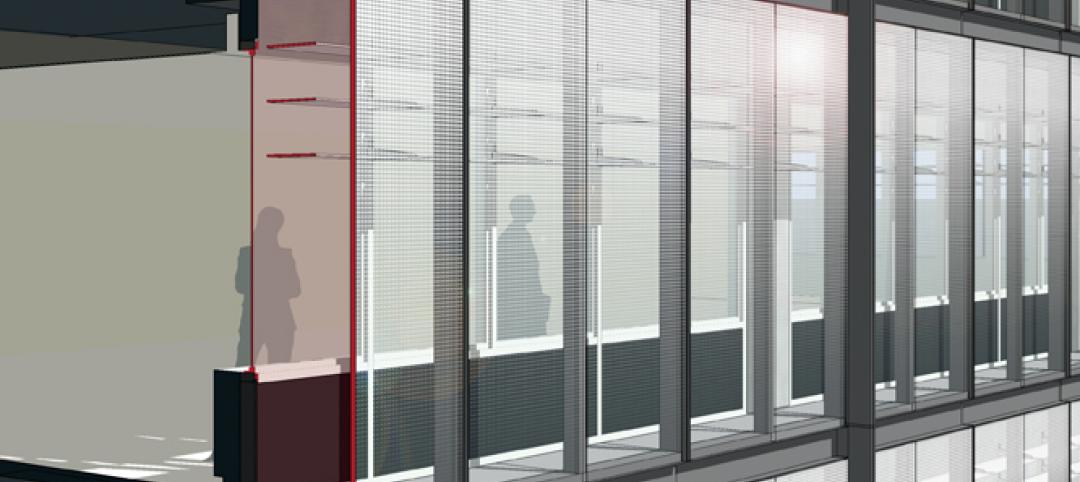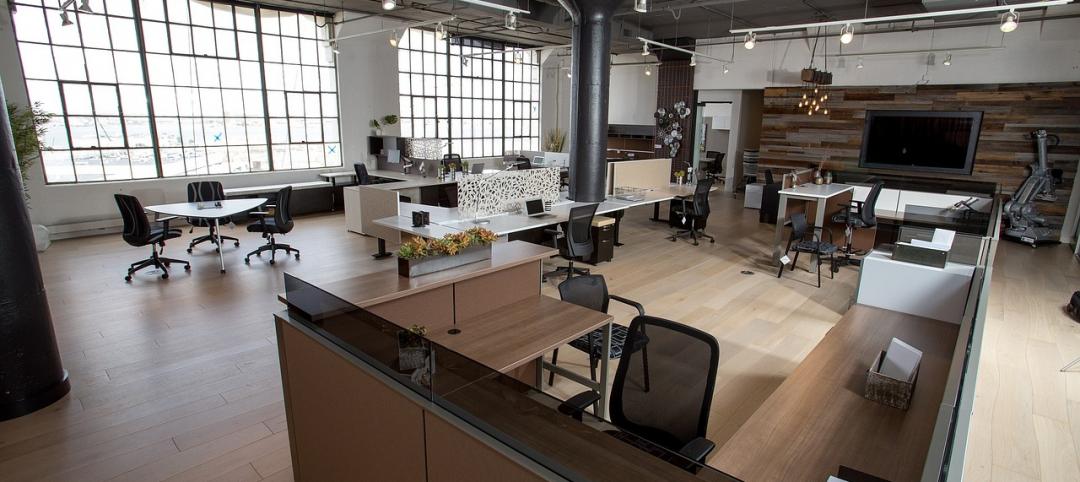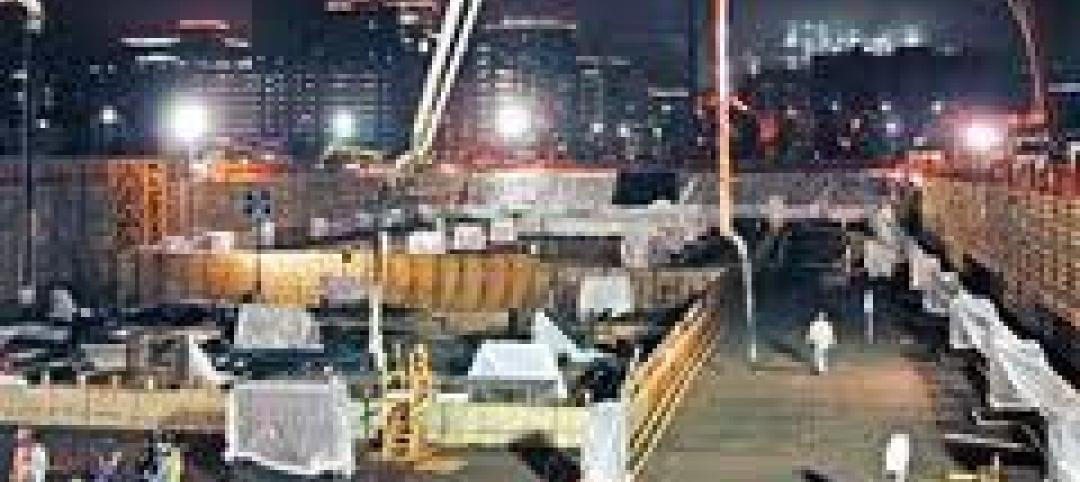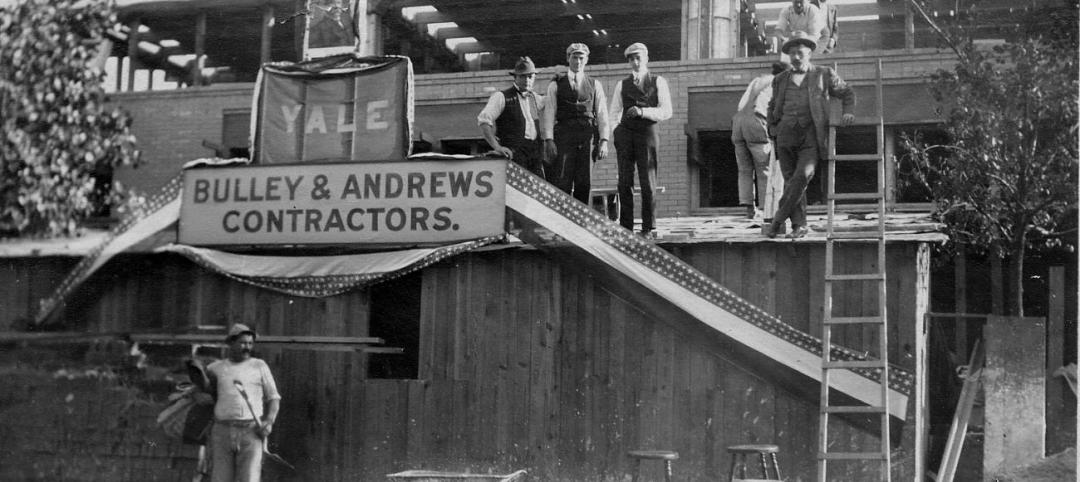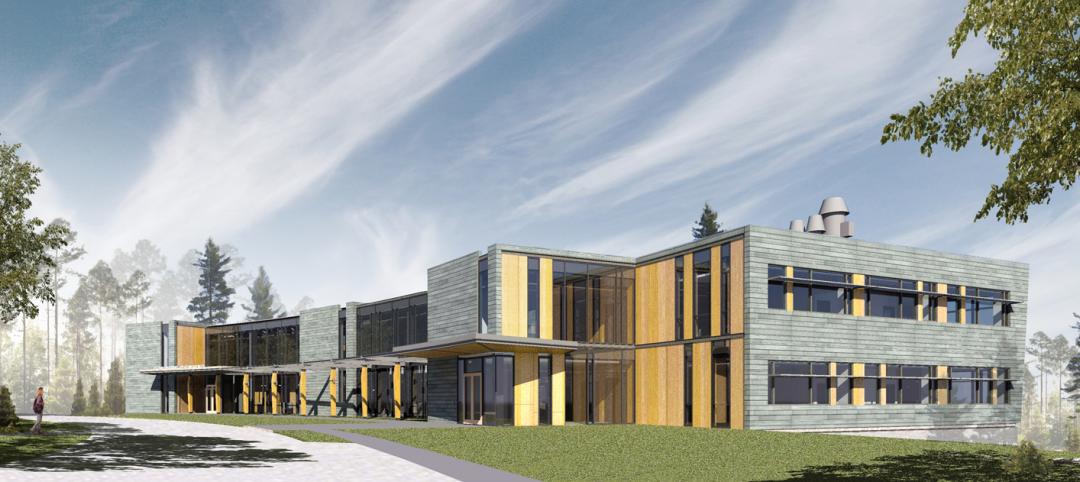Exterior Architecture, Foster + Partners and Space Syntax—a team who share Lord Foster’s passion for the benefits of cycling—have jointly developed SkyCycle, a new approach to transform cycling in the capital. Following existing suburban railway corridors, a wide, secure deck would be constructed above the trains to create new cycle routes throughout London.
The proposed SkyCycle network follows existing suburban rail services and provides over 220 kilometres of safe, car free cycle routes which can be accessed at over 200 entrance points. Almost six million people live within the catchment area of the proposed network, half of whom live and work within 10 minutes of an entrance. Each route can accommodate 12,000 cyclists per hour and will improve journey times by up to 29 minutes.
The Mayor’s aim is for London to be the best major city in the world. However, the capital’s transport network is at capacity and faces the challenge of population growth of 12 percent over the next decade. The government has committed to investment in transport, through airport planning, high-speed rail, Thameslink and Crossrail. The Mayor’s transport strategy also seeks to address the needs of pedestrians and cyclists in the city’s crowded streets and in areas where the public realm is poor.
The environmental and health benefits of cycling notwithstanding, the bicycle is a more efficient use of London’s limited space – we believe there is a pressing need for network modelling of new capacity for these active, self-determined modes of transport.
The SkyCycle approach is revolutionary, and has potential applications in cities around the world. Applying lateral thinking, Britain’s engineering expertise and investment in transport technology could lead to the creation of an efficient platform building system.
As London’s railway lines were originally built for steam trains, they follow contours that naturally reduce the amount of energy expended and avoid steep gradients. SkyCycle exploits this historic legacy. Associated benefits include the regeneration of the typically low value, often underutilised industrial sites next to railway lines; vertically layering the city to create new social spaces and amenities on these cycling high streets; and the integration of automated goods delivery networks.
Early studies of a SkyCycle system indicate that it provides capacity at a much lower cost than building new roads and tunnels. The possibility of the deck providing development opportunities for businesses along the route, particularly where it intersects with stations and bridges, has also been the subject of the study, exploring ideas for public/private commercial growth and regeneration.
The SkyCycle study team will continue to further develop these scenarios, and the project has already been presented to the GLA, TfL and Network Rail, as well as to developers and contractors with specialist rail experience.
Lord Foster stated: "Cycling is one of my great passions – particularly with a group of friends. And I believe that cities where you can walk or cycle, rather than drive, are more congenial places in which to live. To improve the quality of life for all in London and to encourage a new generation of cyclists, we have to make it safe. However, the greatest barrier to segregating cars and cyclists is the physical constraint of London’s streets, where space is already at a premium. SkyCycle is a lateral approach to finding space in a congested city. By using the corridors above the suburban railways, we could create a world-class network of safe, car free cycle routes that are ideally located for commuters."
Sam Martin & Oli Clark of Exterior Architecture Ltd: "SkyCycle is an urban cycling solution for London. A cycling utopia, with no buses, no cars and no stress. We are incredibly excited at how together with Foster + Partners our idea has been developed and now more recently turned into a truly world changing scenario by Space Syntax for revolutionising cycling in London and possibly the world."
Anna Rose, Space Syntax: "Space Syntax is delighted to be developing the SkyCycle concept with Exterior Architecture and Foster + Partners. At crucial points in London’s history major infrastructure projects have transformed the fortunes of the Capital: for example, Bazalgette’s sewer system helped remove the threat of cholera to keep London at the forefront of the industrial revolution; the Underground strengthened London’s core by making long-distance commuting possible. SkyCycle is conceived in this tradition as a network of strategic connections from the suburban edges to the centre, adding the much needed capacity for hundreds of millions of cycle journeys every year with all the social, economic, environmental and health benefits to London that follow. Space Syntax is evaluating these impacts, using a new generation of transport model to analyse cycle movement."
A spokesman for Network Rail said: "We welcome the proposals which have been put forward by Foster + Partners and Exterior Architecture and are always happy to look at ways we can contribute to improving travel and transport in London. We will continue to liaise with all involved as the aspiration for this innovative scheme develops."
Related Stories
| Oct 14, 2011
AIA Continuing Education: optimizing moisture protection and air barrier systems
Earn 1.0 AIA/CES learning units by studying this article and passing the online exam.
| Oct 12, 2011
BIM Clarification and Codification in a Louisiana Sports Museum
The Louisiana State Sports Hall of Fame celebrates the sporting past, but it took innovative 3D planning and coordination of the future to deliver its contemporary design.
| Oct 12, 2011
Vertical Transportation Systems Reach New Heights
Elevators and escalators have been re-engineered to help building owners reduce energy consumption and move people more efficiently.
| Oct 12, 2011
Building a Double Wall
An aged federal building gets wrapped in a new double wall glass skin.
Office Buildings | Oct 12, 2011
8 Must-know Trends in Office Fitouts
Office designs are adjusting to dramatic changes in employee work habits. Goodbye, cube farm. Hello, bright, open offices with plenty of collaborative space.
| Oct 12, 2011
FMI’s Construction Outlook: Third Quarter 2011 Report
Construction Market Forecast: The general economy is seeing mixed signs.
| Oct 12, 2011
Bulley & Andrews celebrates 120 years of construction
The family-owned and operated general contractor attributes this significant milestone to the strong foundation built decades ago on honesty, integrity, and service in construction.
| Oct 12, 2011
Consigli Construction breaks ground for Bigelow Laboratory Center for Ocean Health
Consigli to build third phase of 64-acre Ocean Science and Education Campus, design by WBRC Architects , engineers in association with Perkins + Will
| Oct 11, 2011
AIA introduces five new documents for use on sustainable projects
These new documents will be available in the first quarter of 2012 as part of the new AIA Contract Documents service and AIA Documents on Demand.
| Oct 11, 2011
Pink light bulbs donated to Society of Memorial Sloan-Kettering Cancer Center
For every Bulbrite Pink Light Bulb that is purchased through the Cancer Center Thrift Shop, 100% of the proceeds will be donated to help support breast cancer research, education, screening, and treatment.


